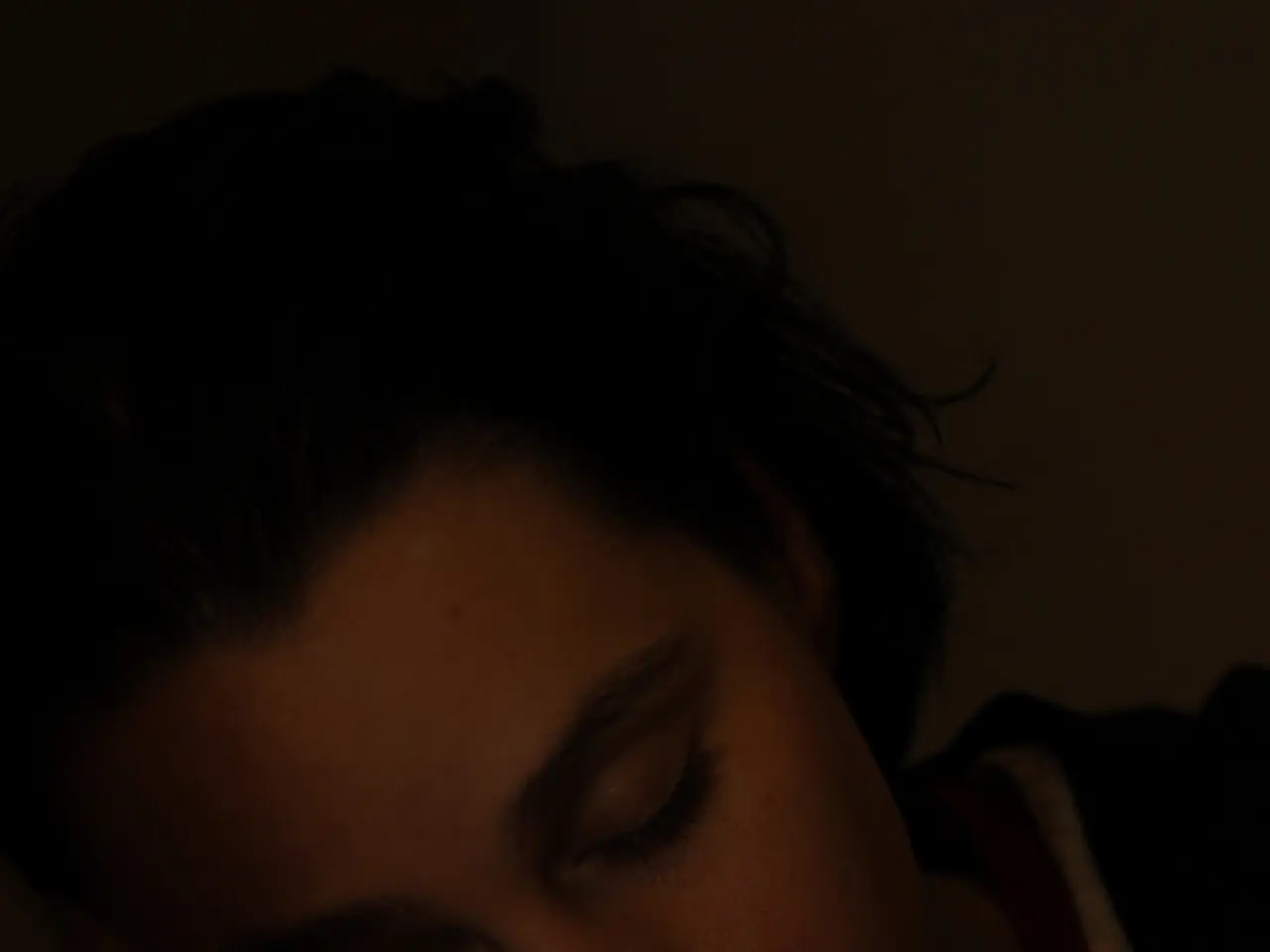Getting Up to Urinate During Sleep Affecting Your Slumber Quality? Here's a Solution
Nocturia, a condition that causes frequent nighttime urination, can disrupt sleep and potentially lead to health complications, especially in older adults. Here's what you need to know about nocturia, its causes, and how to manage it.
Nocturia is a medical condition that affects an estimated one in three adults over 30 and about half of people 65 and older. It's characterized by waking up more than once per night to urinate.
There are various causes of nocturia. Drinking too much liquid before bed, consuming alcohol or caffeine at nighttime, taking diuretic medications, certain medical conditions like bladder obstructions, diabetes, and urinary tract infections, and habits such as waking up and using the bathroom even when not necessarily needed are all potential culprits.
Research has found that drinking caffeinated beverages can increase the need to pee in people with overactive bladder symptoms due to the diuretic properties of caffeine. Experts recommend cutting off caffeine consumption by noon or avoiding caffeine in the second half of the day to potentially relieve frequent nighttime urination. Similarly, consuming alcohol before bed can increase urine production and lead to more nighttime urination.
Older adults, especially those over 70, are more likely to experience nocturia, with 70% being affected. This increased prevalence can be attributed to age-related changes in the kidneys, bladder, and prostate, as well as the increased use of medications that can affect urine production.
Nocturia can have serious consequences, particularly for older adults. Older adults with nocturia have an increased risk of falls and fractures due to frequent nighttime urination disrupting sleep and causing mobility challenges. They also face higher risks of urinary tract infections, complications related to prostate enlargement, incontinence, and other comorbidities such as diabetes or neurogenic bladder dysfunction.
If nighttime bathroom trips are causing severe distress, ruining sleep quality, or causing uncomfortable urinary symptoms, it's important to contact a doctor. A doctor can help determine the cause of nocturia, whether it's an underlying medical condition, a side effect of medication, or a lifestyle factor. Once the cause is determined, a doctor can recommend appropriate treatment, which might include behavioral changes, exercises, or medication.
One such treatment option is pelvic floor therapy. Pelvic floor therapy can help strengthen muscles, give more bladder control, and prevent leaks in individuals with pelvic floor issues, potentially helping with nocturia or incontinence. Basic pelvic floor exercises like Kegels can be performed at home by contracting pelvic muscles for three to five seconds, then releasing and relaxing for three to five seconds, and repeating the process 10 times.
In addition to pelvic floor therapy, there are several lifestyle changes that can help manage nocturia. Avoiding large beverages after dinner and limiting fluid intake in the late afternoon and evening can help reduce nighttime urination. Wearing compression socks during the day can improve circulation, reduce fluid buildup in the legs, and potentially help treat nocturia.
For older adults, a clear path to the restroom with appropriate lighting and a cellphone or device to signal any falls in case of emergency is important for reducing the risk of falls or hip fractures during nighttime bathroom trips.
Most people should be able to get a full 6 to 8 hours of rest without waking up to pee. Taking a short nap earlier in the day can help reduce nighttime urination by eliminating some fluid that would normally be expelled at night.
In conclusion, nocturia is a common condition that can disrupt sleep and lead to health complications. However, with proper understanding and management, it can be effectively treated. If you're experiencing frequent nighttime urination, consider making lifestyle changes and consulting with a healthcare professional for personalised advice.
Read also:
- Regional University's healthcare system strengthened through collaborative partnership with Chancellor Dr Fiona Hill
- Reminisced University Trustee David M. Flaum as a 'fervent advocate' for the University and community
- Two-year-old boy Awaab's tragic demise due to mold sparks change in Britain's housing legislation, Awaab's Law.
- Guidance for Osteoarthritis Patients: Objectives and Strategies








